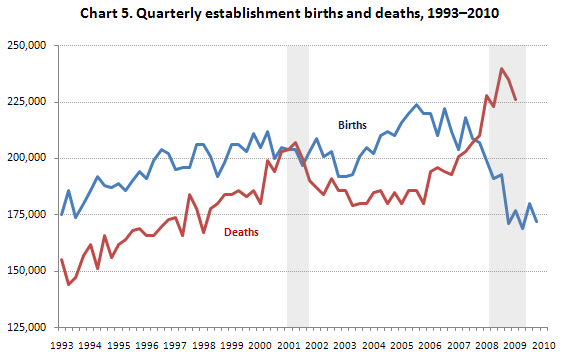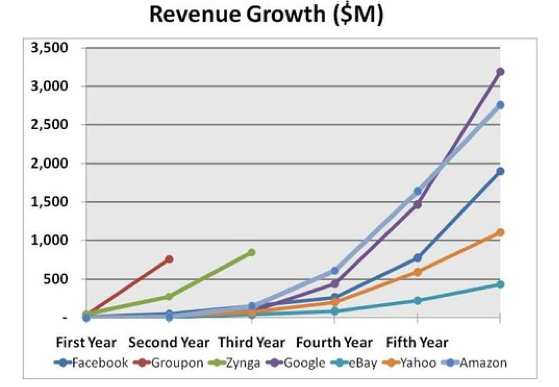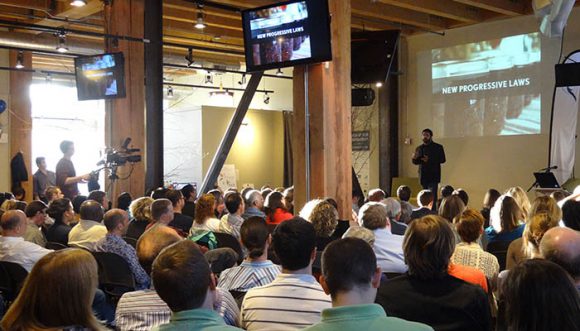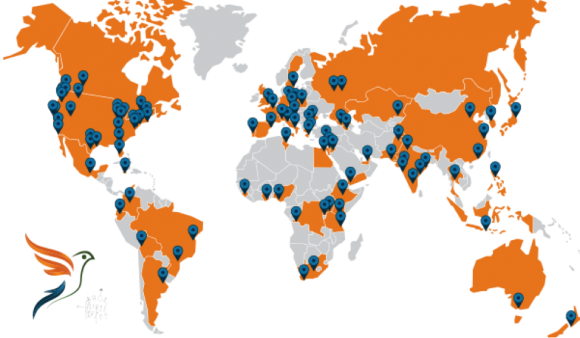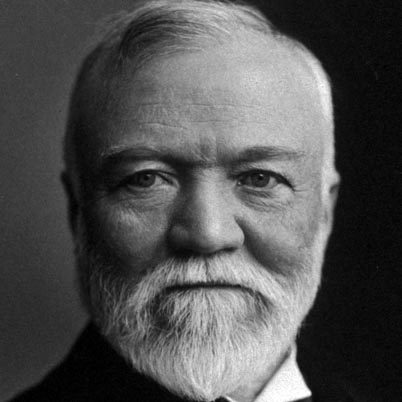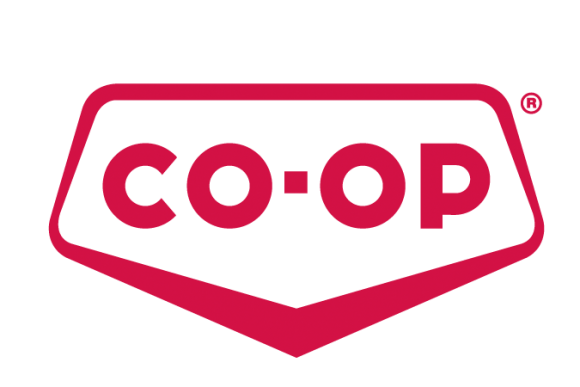
In the world of social responsibility, co-ops are a corporate form that stands out as an functioning design. Consumer co-ops are a well-worn form for grocery stores (PCC and a dozen others here in Washington State), for retailers (see the multi-billion dollar REI), producers (see Organic Valley and Equal Exchange), and savings (see any credit union). Expanding that cooperative ethos across the...

